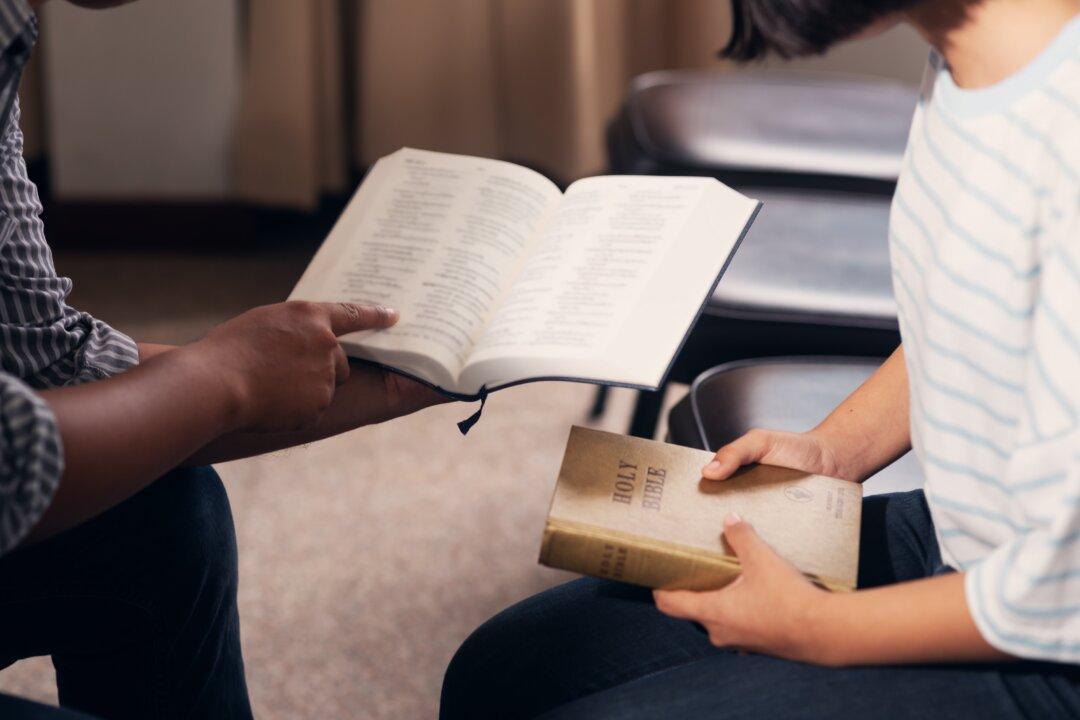A public school district in Carthage, Tennessee has agreed to cease promoting Christian faith to settle a federal lawsuit brought by atheist students and their families.
The 2019 lawsuit, filed by the Tennessee chapter of American Civil Liberties Union (ACLU) on behalf of one middle school and three high school students, accused the Smith County School System of engaging in a series of “unconstitutional activities,” including a teacher’s reading of Bible verses to students at the beginning of classes, teacher-led prayers at school assemblies, coach-led prayers before and after sports events, and inviting members of an evangelical Christian organization to distribute Bibles to fifth-grade students.





